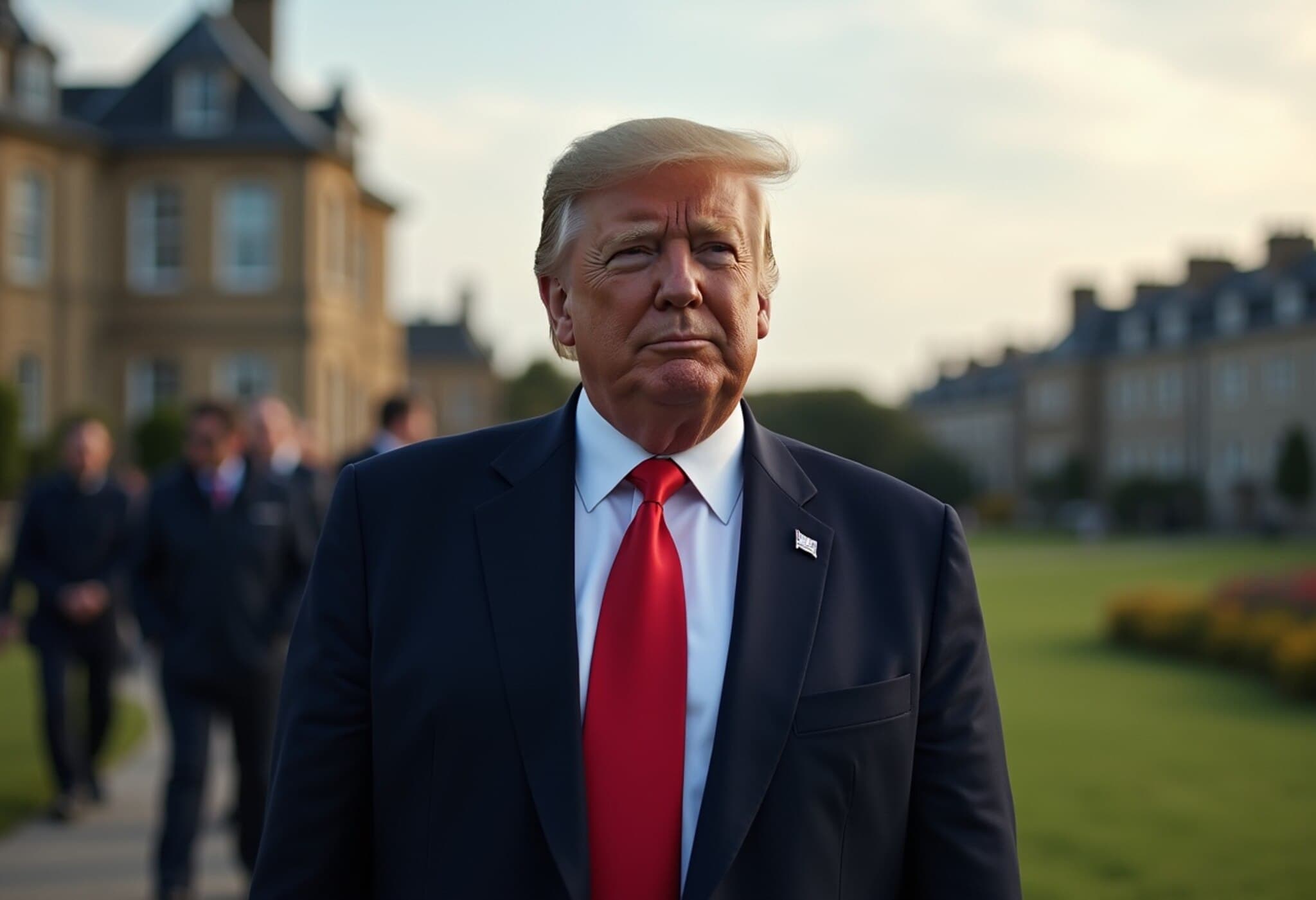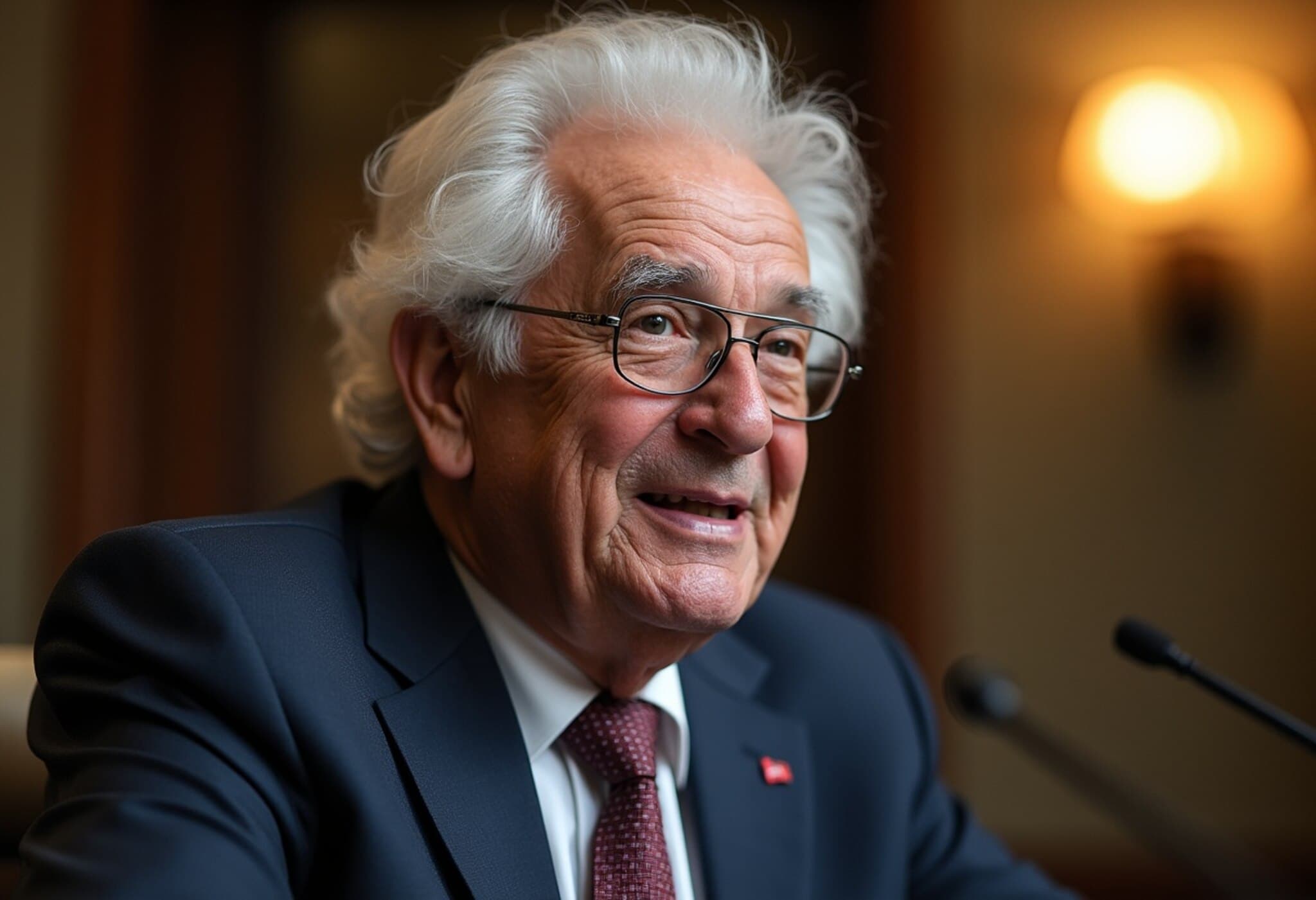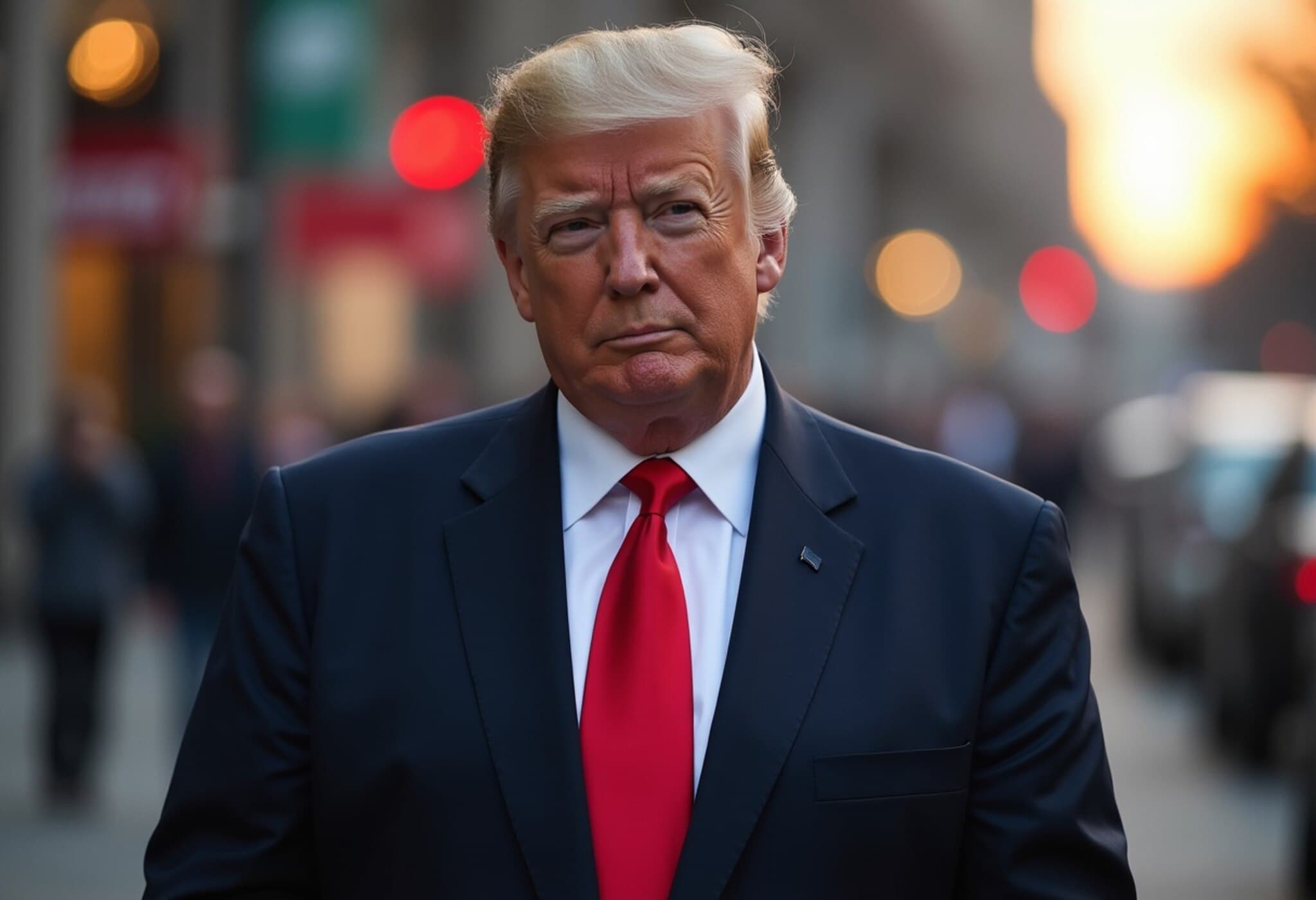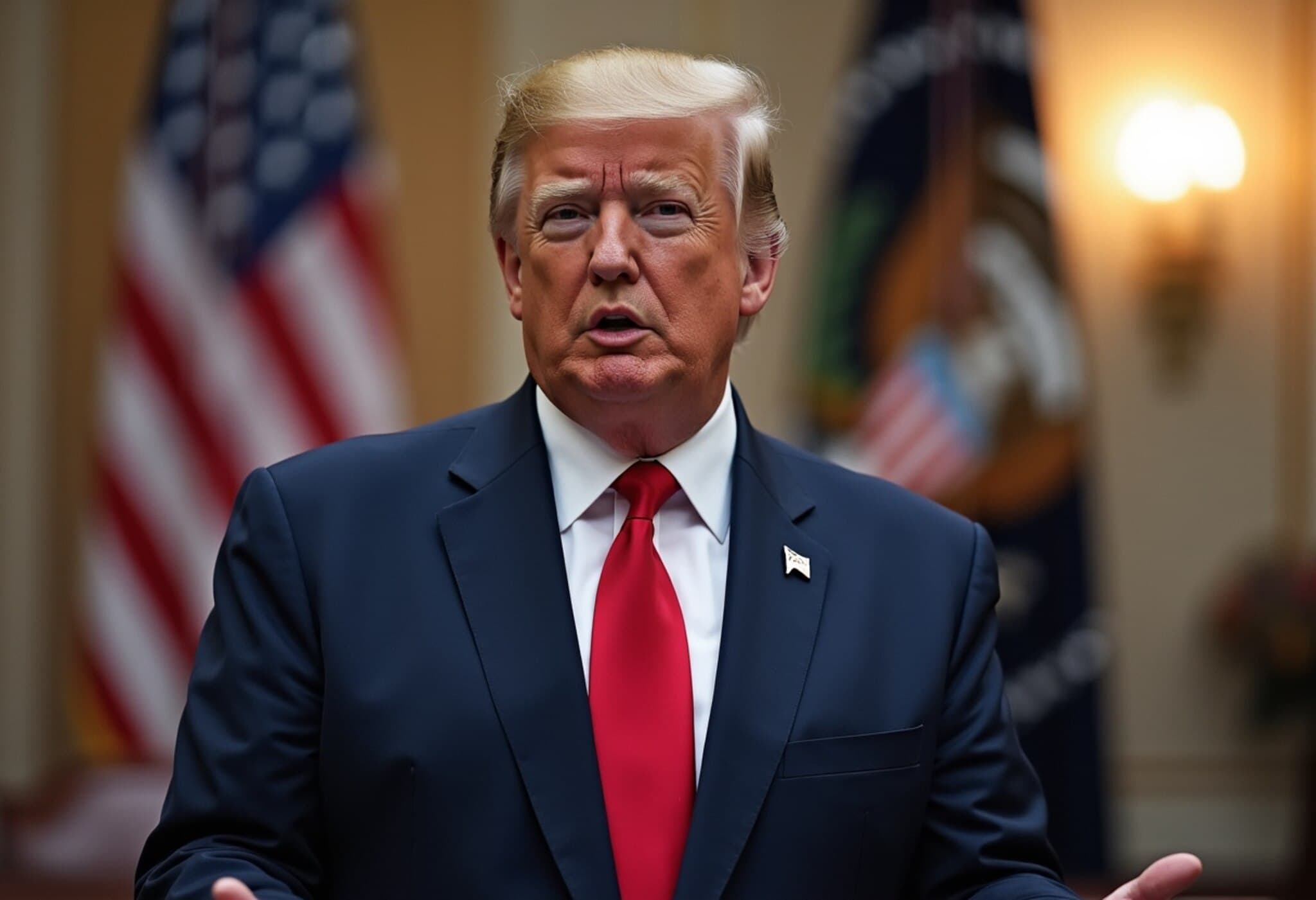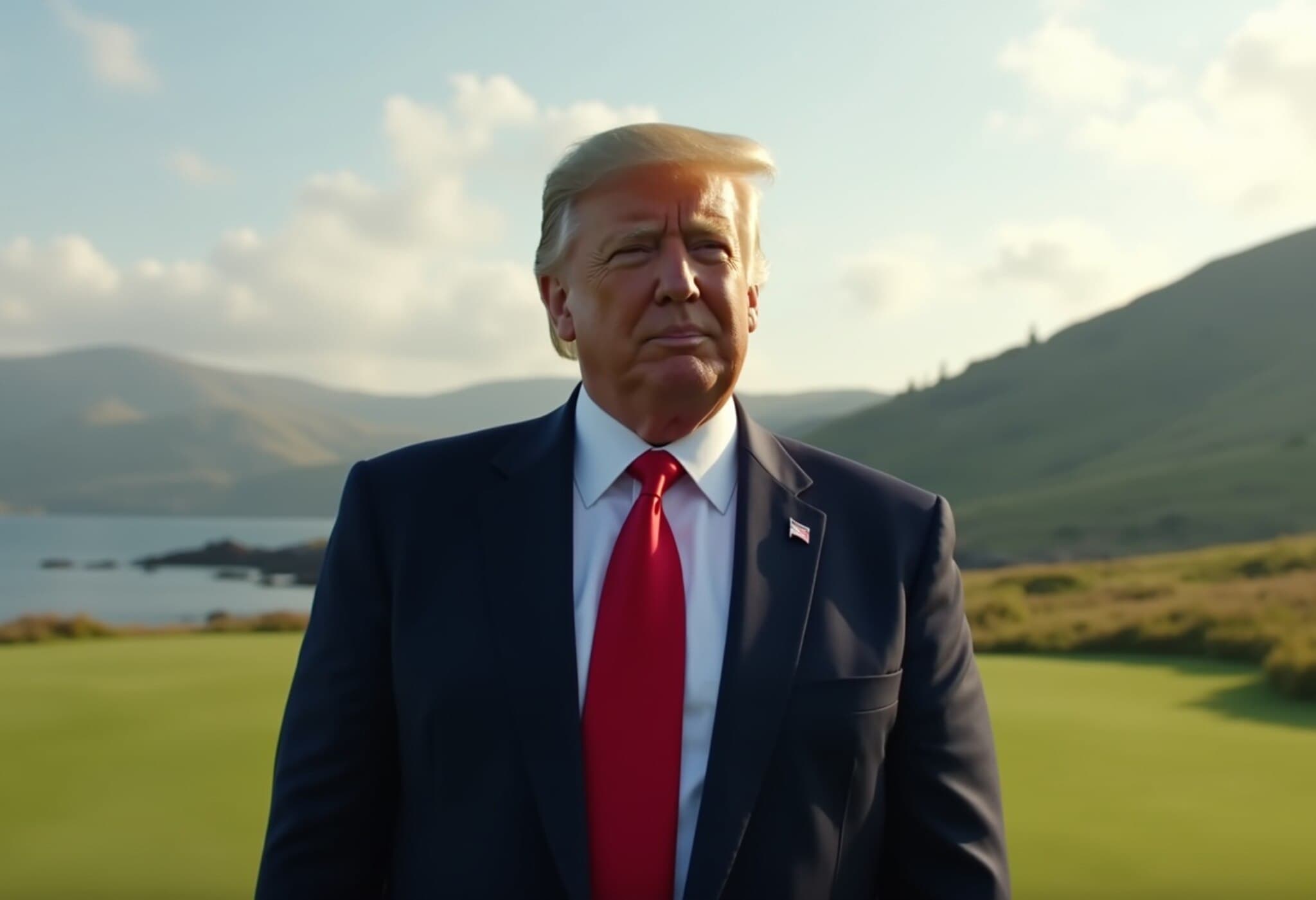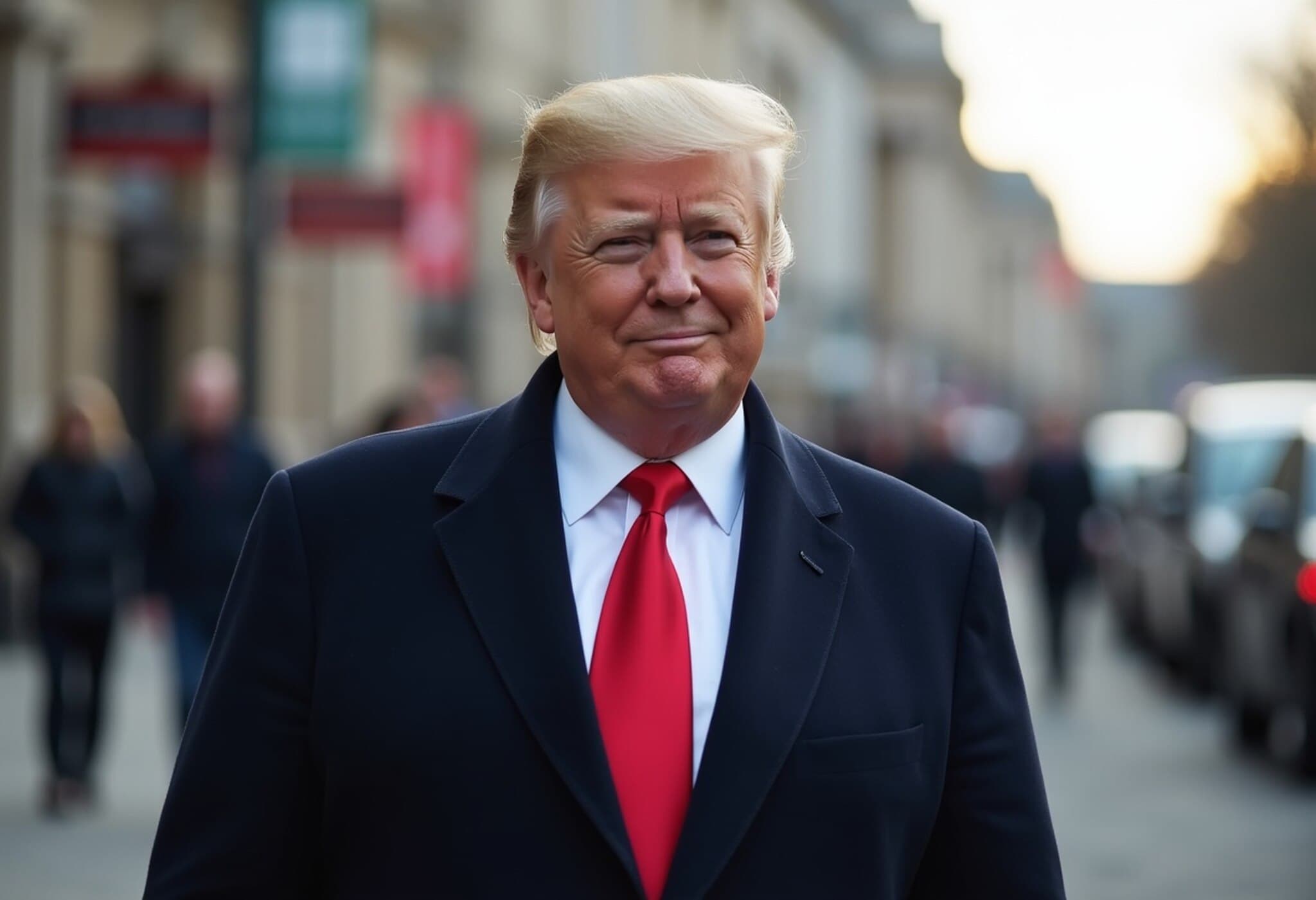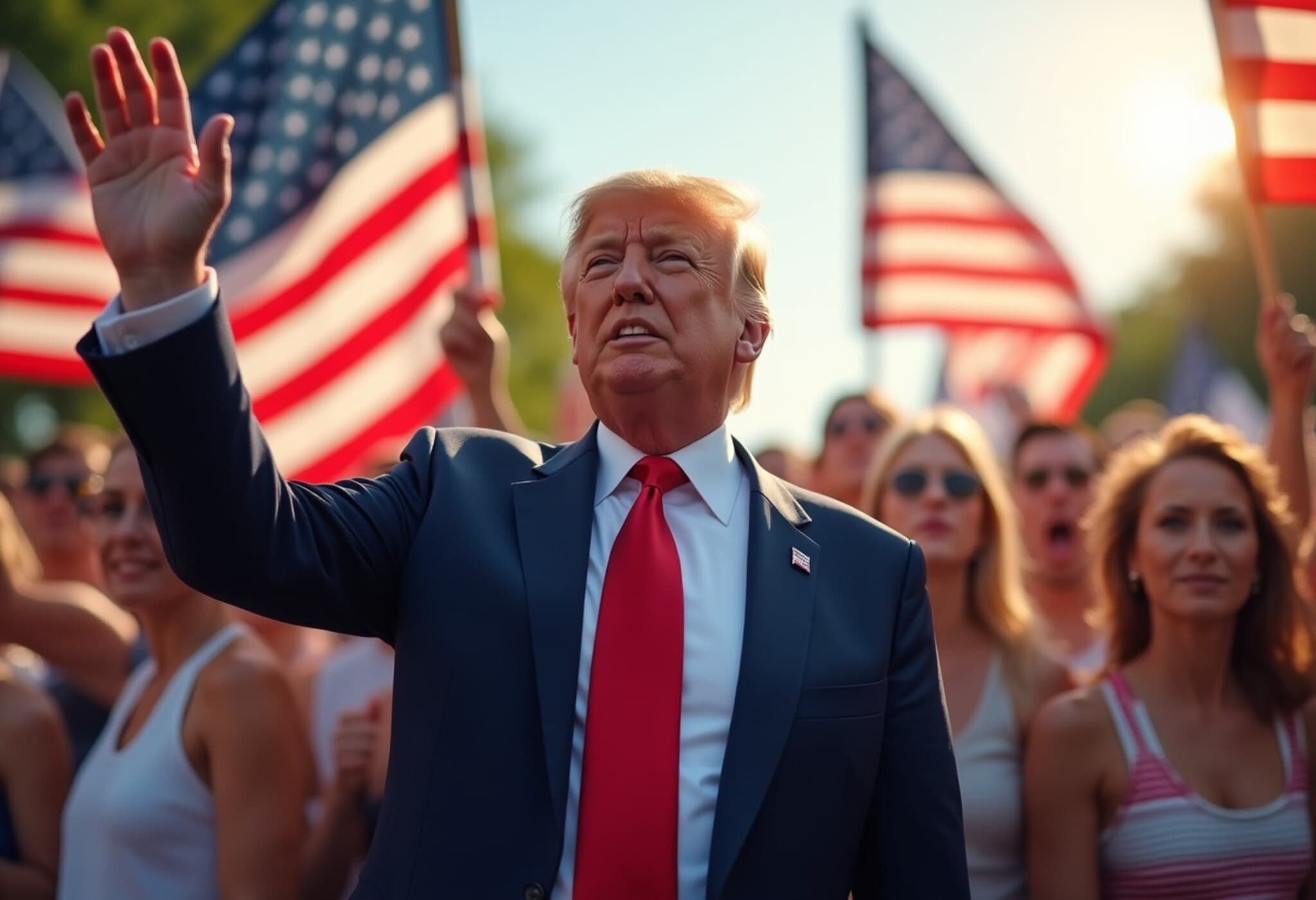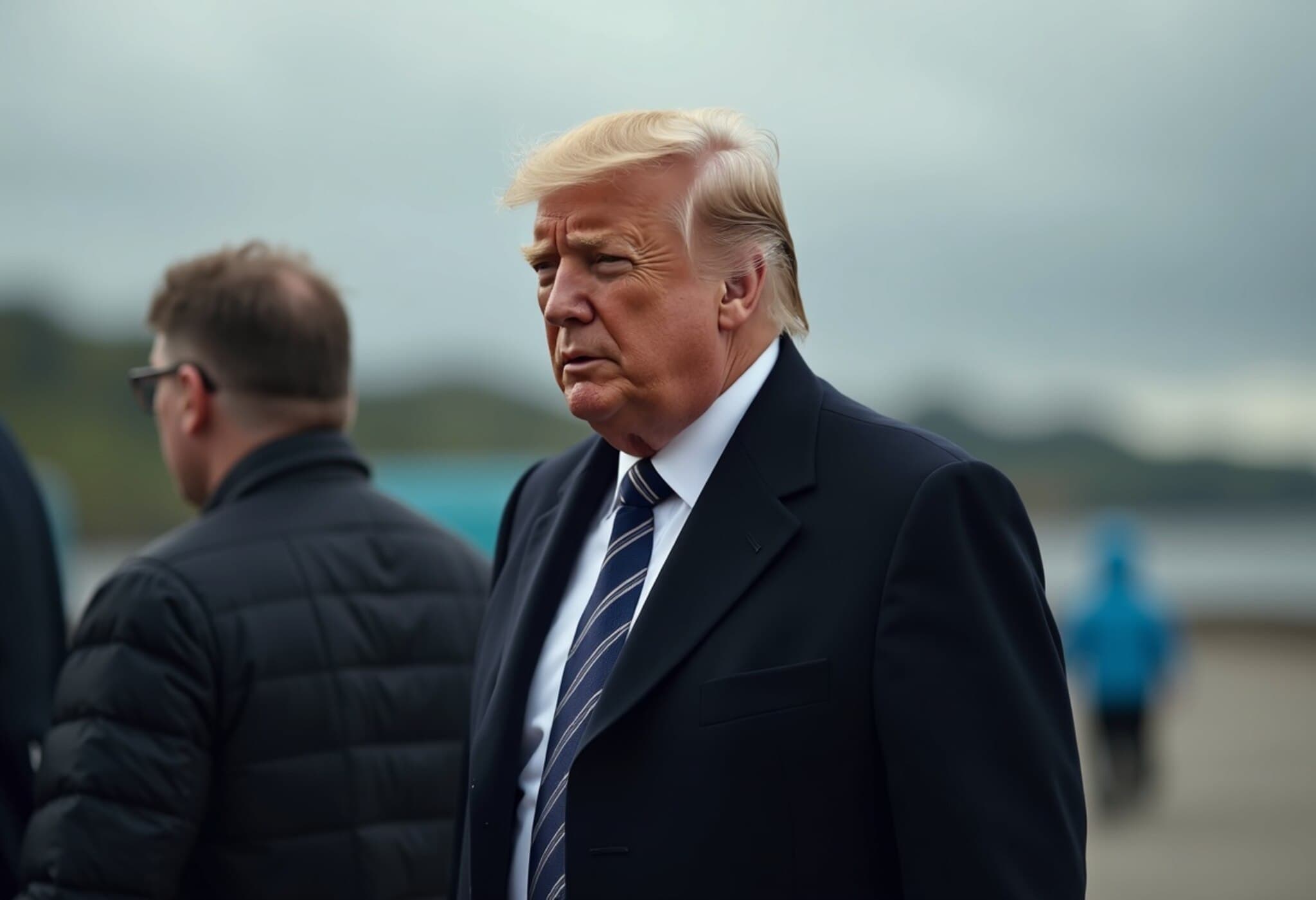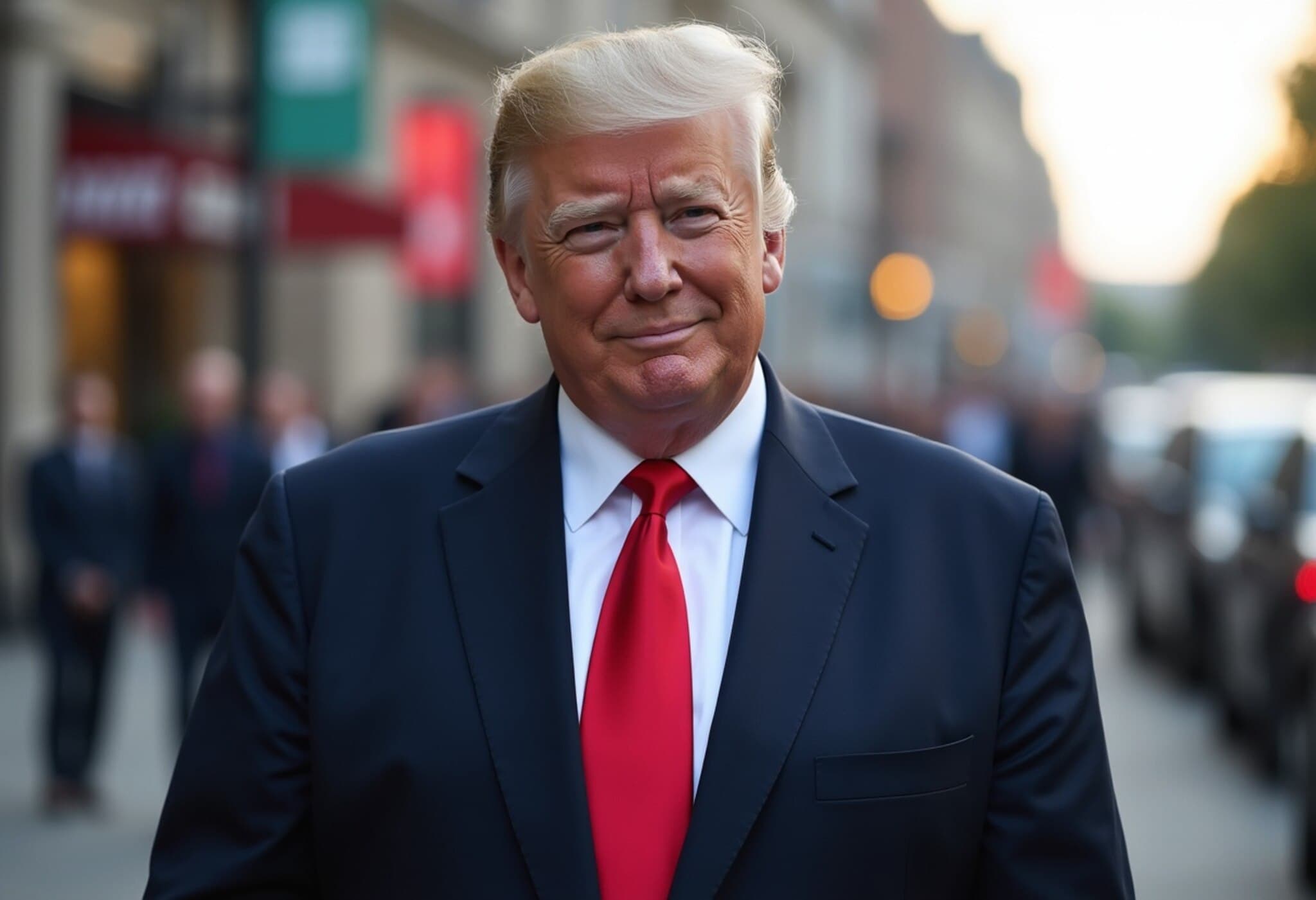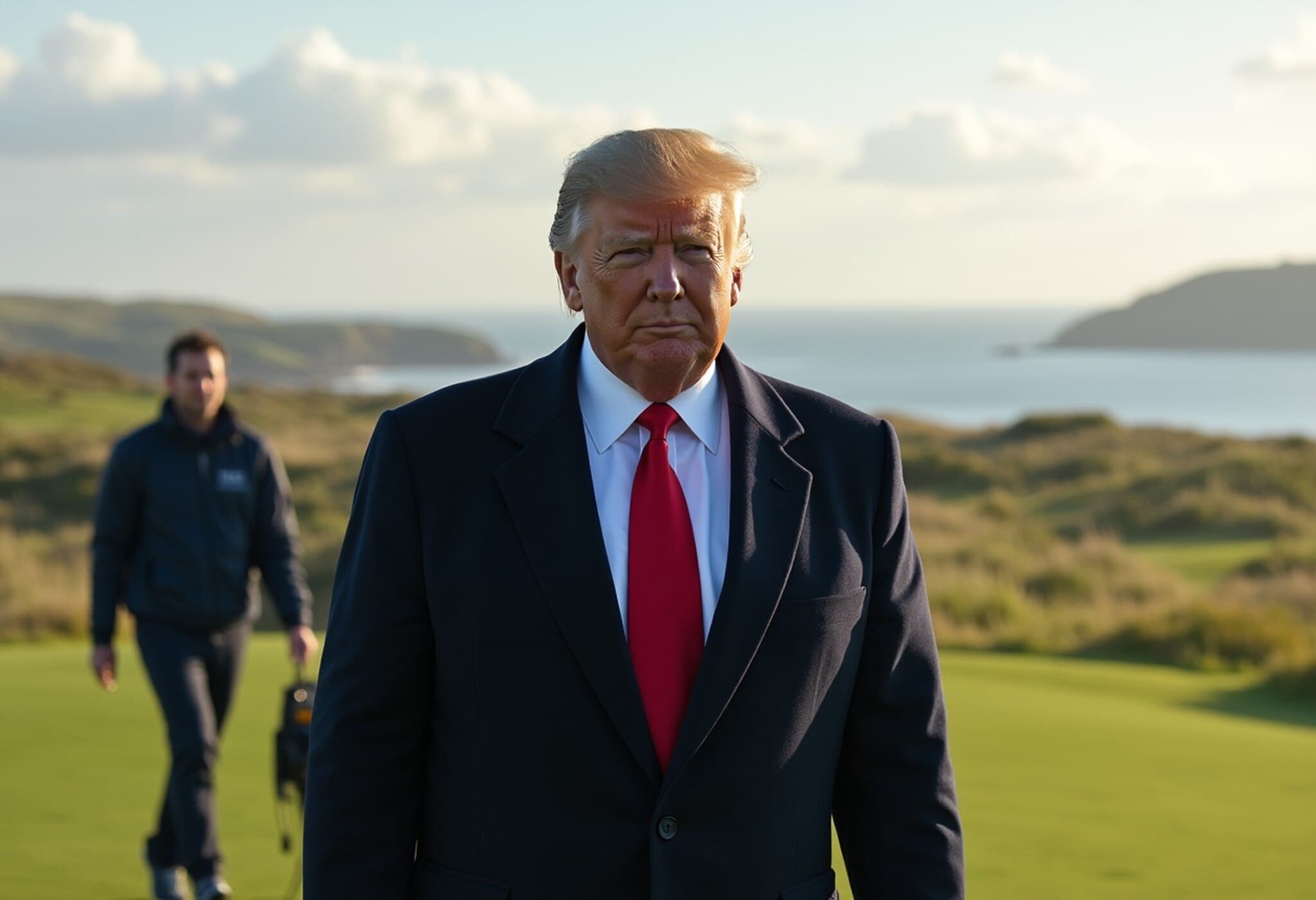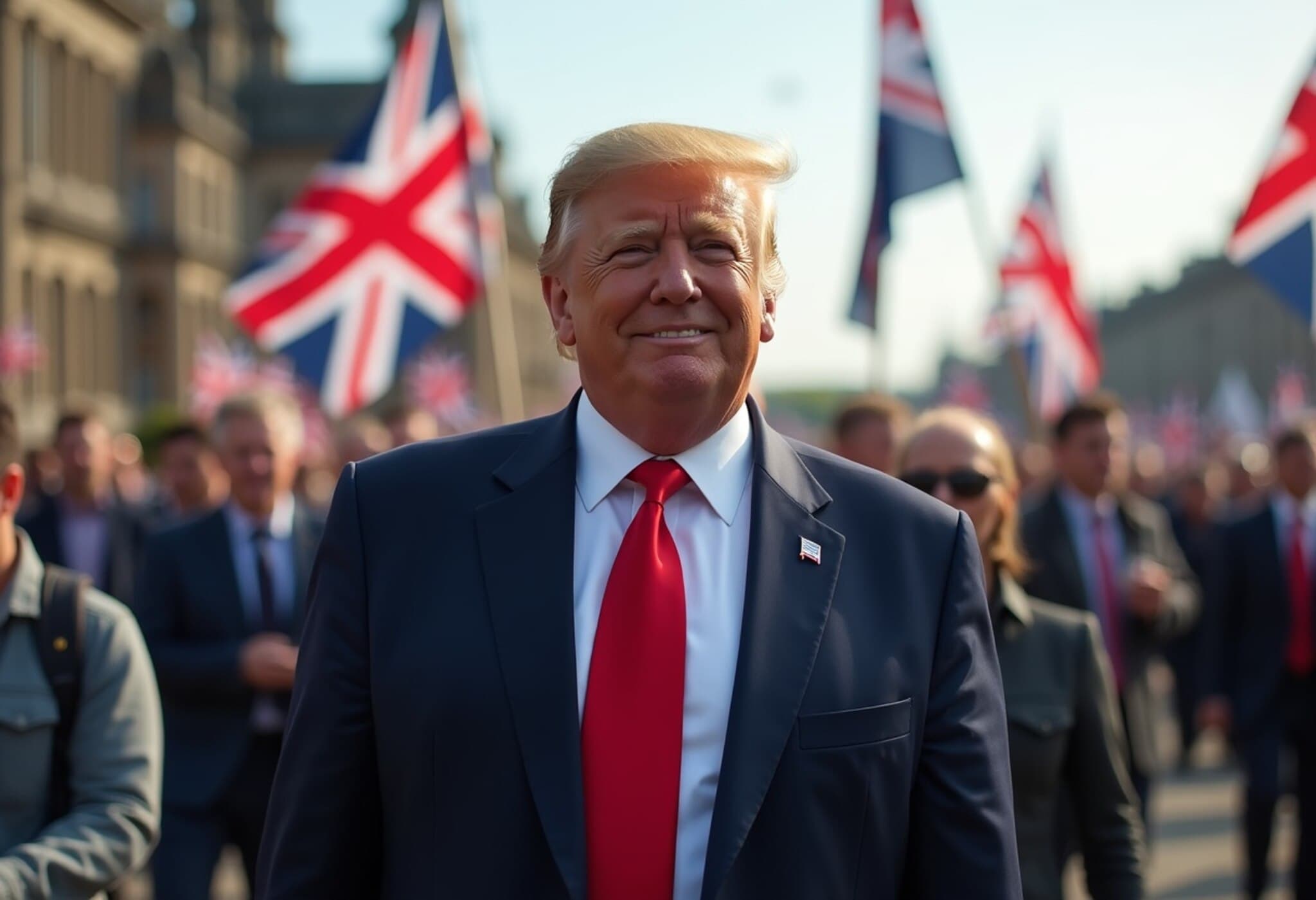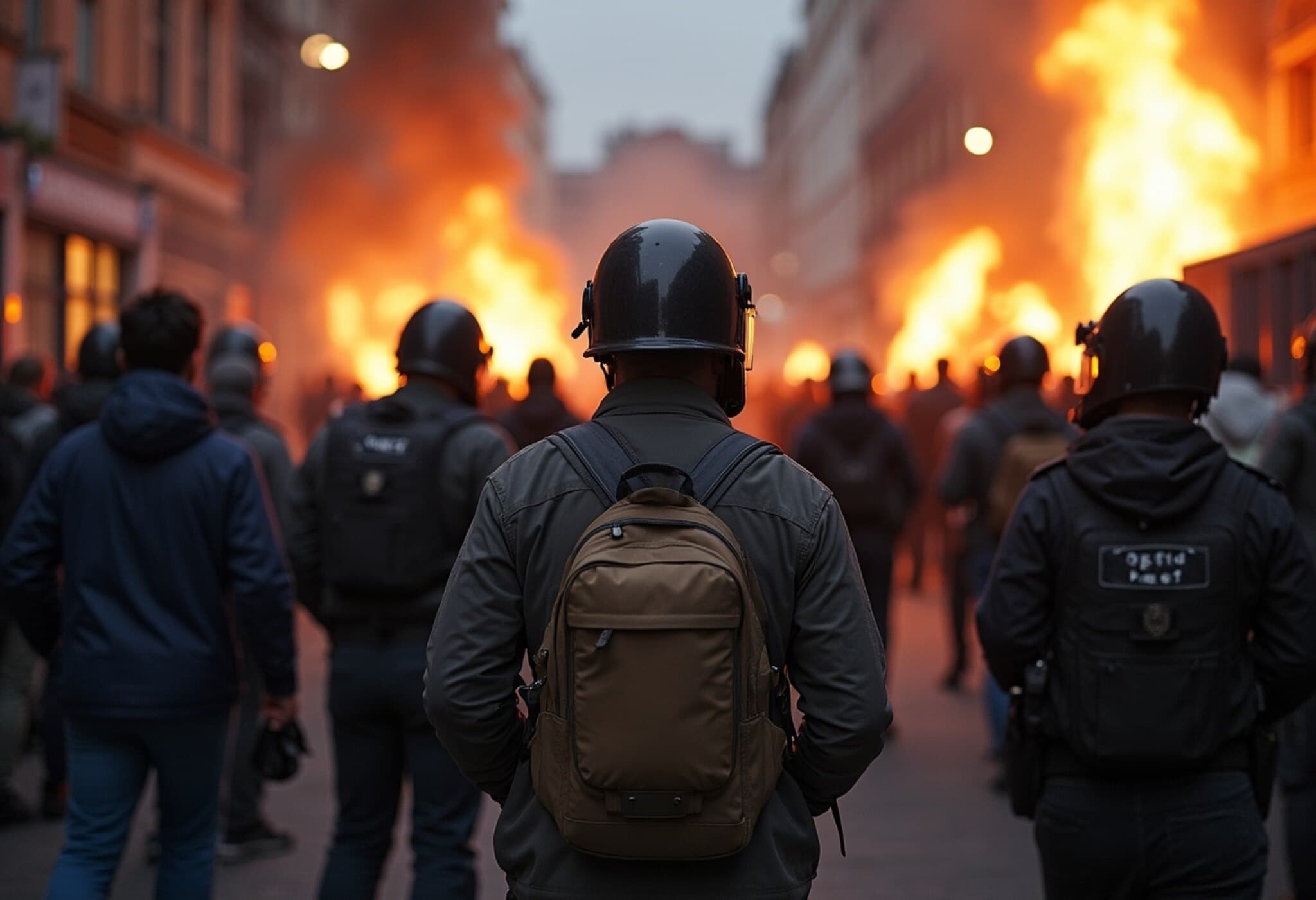Heightened Security in Scotland Ahead of Donald Trump's Golf Course Visit
As former US President Donald Trump prepares for a five-day visit to his Scottish golf resorts, law enforcement agencies in Scotland are ramping up security measures to manage anticipated protests. This visit, scheduled to commence this Friday, has become a focal point for activists critical of Trump’s policies, especially concerning his stance on the Israel-Palestine conflict.
Anticipating Large-Scale Protests Amid Global Tensions
Police Scotland has projected that protests could eclipse the demonstrations witnessed during Trump’s previous visit to his Turnberry and Trump International Golf Links courses near Glasgow and Aberdeen back in 2018. This anticipation stems largely from the ongoing turmoil in Gaza and recent political developments, including the UK government’s contentious listing of the campaign group Palestine Action as a terrorist organization.
Assistant Chief Constable Emma Bond, who is overseeing the security operations, underscored the police’s commitment to facilitating peaceful protest while cautioning against unlawful behavior. She emphasized, "Abusive or threatening activities, disruptions, or any conduct endangering public safety will not be tolerated and may prompt police intervention." This stance highlights the balance law enforcement seeks between protecting democratic expression and maintaining public order.
Protesters Linking Trump to Controversies and Global Issues
In a notable demonstration, activists placed a provocative sign at the Aberdeen golf course entrance labeling the property as “twinned with Epstein Island,” referencing Trump’s past association with convicted sex offender Jeffrey Epstein. This act exemplifies the multi-layered criticisms directed at Trump during this trip, intertwining local concerns with international controversies.
Operational Scale and Security Protocols
The police operation, codenamed Operation Roll, is set to deploy approximately 5,000 officers over the visit's duration, drawing personnel from various UK regions, including Northern Ireland. Trump's movements between his golf properties will be secured with presidential-level protection, including transportation via Marine One, demonstrating the high-profile nature of the visit despite its private capacity.
Political and Symbolic Dimensions of the Visit
Beyond security implications, the visit carries symbolic weight. Trump is slated to inaugurate a new 18-hole course named after his mother, Mary Anne MacLeod, who hailed from Scotland's Isle of Lewis. This personal touch spotlights Trump's familial and cultural ties to Scotland, which have long influenced his business ventures in the region.
Looking ahead, this preliminary trip sets the stage for a significant state visit scheduled in September, complete with ceremonial welcomes and a state dinner hosted by King Charles at Windsor Castle. The contrast between the informal nature of the current visit and the forthcoming formalities adds complexity to public perception and media coverage.
Contextual Insights: Law Enforcement, Free Speech, and Global Politics
Trump's visit comes at a politically charged moment, with global protests ignited by the Israel-Palestine conflict drawing stark lines in public discourse. The UK government’s classification of Palestine Action as a terrorist group raises substantive questions about the intersection of activism, national security, and civil liberties. As Assistant Chief Constable Bond pointed out, expressions of support for the group—be it through clothing or banners—are now offenses under the Terrorism Act, subject to arrest. This raises critical debates about how far governments can or should go in criminalizing symbols of dissent without infringing on democratic rights.
From a broader American legal and political perspective, Trump's continued influence abroad, especially in his business strongholds, reflects the ongoing entanglement of his private interests and political identity. Observers may ask how these visits serve not just personal or business ambitions but also political posturing on the international stage.
Looking Back: Lessons from 2018
The protests during Trump's 2018 visit saw creative acts of resistance, including a paraglider displaying a banner that read "Trump: well below par" across a no-fly zone above his golf course. Such moments underscored the spirited opposition Trump faces internationally and the complexities of securing high-profile figures against multifaceted protest tactics.
Editor’s Note
Donald Trump’s upcoming visit to Scotland's golf courses is more than a personal trip; it is a lens into the intensifying tensions around global conflicts, the challenges of policing democratic expression, and the enduring intersections of politics, business, and identity. As Scotland braces for protests, questions linger: How will law enforcement balance security and civil rights? What does Trump’s ongoing presence in Scotland mean for U.S.-UK relations? And how might these events shape dialogue on international activism amid emerging national security frameworks? These are essential considerations as the world watches closely.

